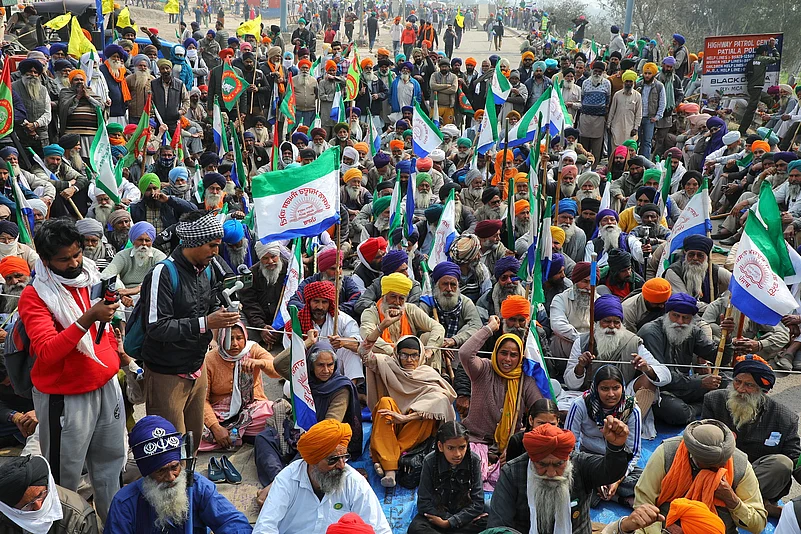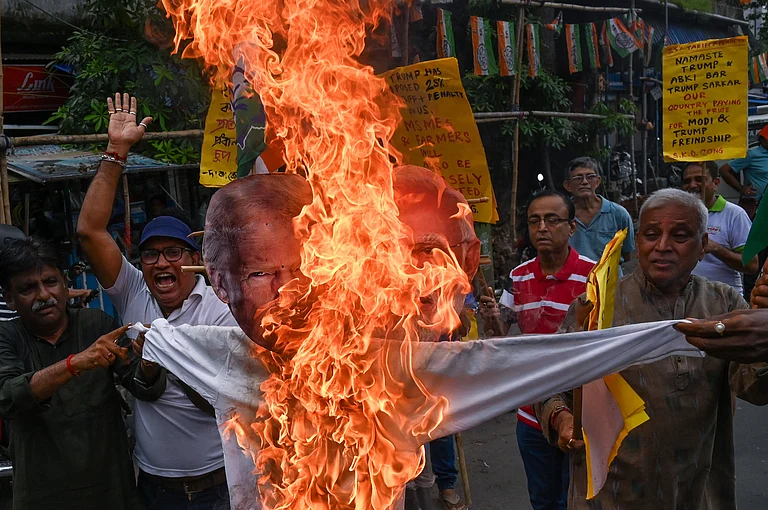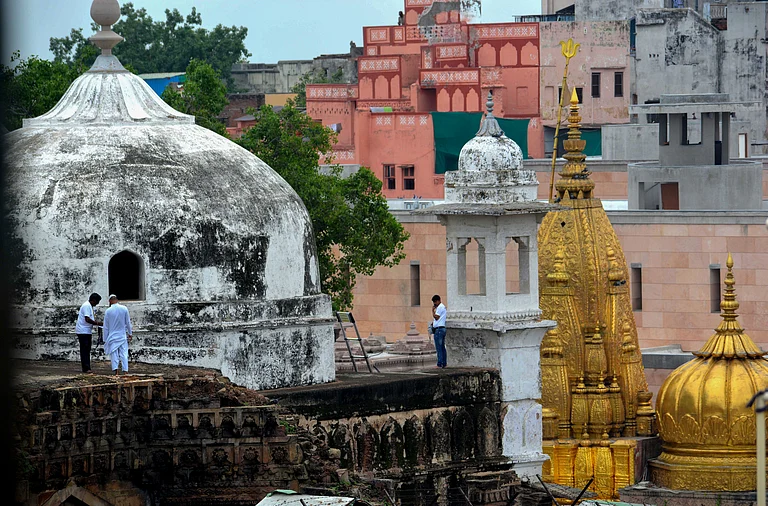The ongoing standoff between the central government and India's protesting farmers has rolled into a second week after the latest round of talks on Sunday did not lead to a definitive breakthrough. However, there are indications the two sides could soon reach a compromise.
At the crux of the renewed protests is the demand for statutory backing to minimum support prices (MSPs) – floor prices fixed by the government for 23 crops to insulate farmers from steep declines during bumper harvests.
While annual MSP rates exist for staples like wheat and rice, the government is not legally required to procure any specific share at those prices. The farmers under the Samyukt Kisan Morcha want the key recommendation of the Swaminathan Commission implemented - the formula pegging MSPs at 1.5 times production cost.
In a proposal aimed at resolving the impasse, the government offered a five-year pact where cooperative agencies would buy all produce of pulses and maize at MSP. However, farm leaders termed it inadequate since it covered only two crops. Most protesters hail from Punjab and Haryana where maize and pulses comprise a small portion of the total area cultivated.
The farmers insist MSP guarantees must include all 23 eligible crops before protests are wholly called off. They have been given 48 hours to mull the government's offer. In the interim, plans for intensified agitations remain suspended.
Apart from MSP assurances, they are also demanding farm debt waivers, status quo on power tariffs, withdrawal of cases against protesters, and compensation for families of farmers killed during past demonstrations.
The latest talks in Chandigarh involved three Union Ministers, including Commerce Minister Piyush Goyal. Elucidating the strategic value of targeting maize and pulses, he said boosting output would aid ethanol blending goals and help preserve groundwater and prevent soil exhaustion in states like Punjab.
Barring clashes last week at the Shambhu border where police fired tear gas shells to disperse protesters, the situation has remained largely peaceful. Thousands of farmers have entrenched themselves around 200 km from Delhi, their passage blocked by concrete barriers. They are camping there amidst an uneasy calm.
With the next general election looming, the onus is on the government to deliver a compromise. But farmers insist all 23 MSP crops must get coverage before protests can conclude fully. The coming days will be crucial in steering the course of negotiations.


























